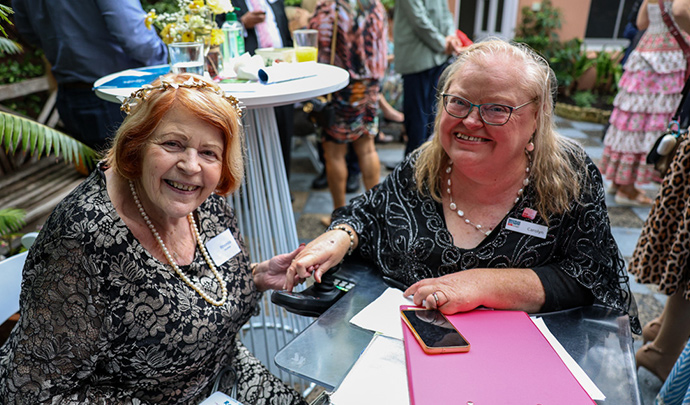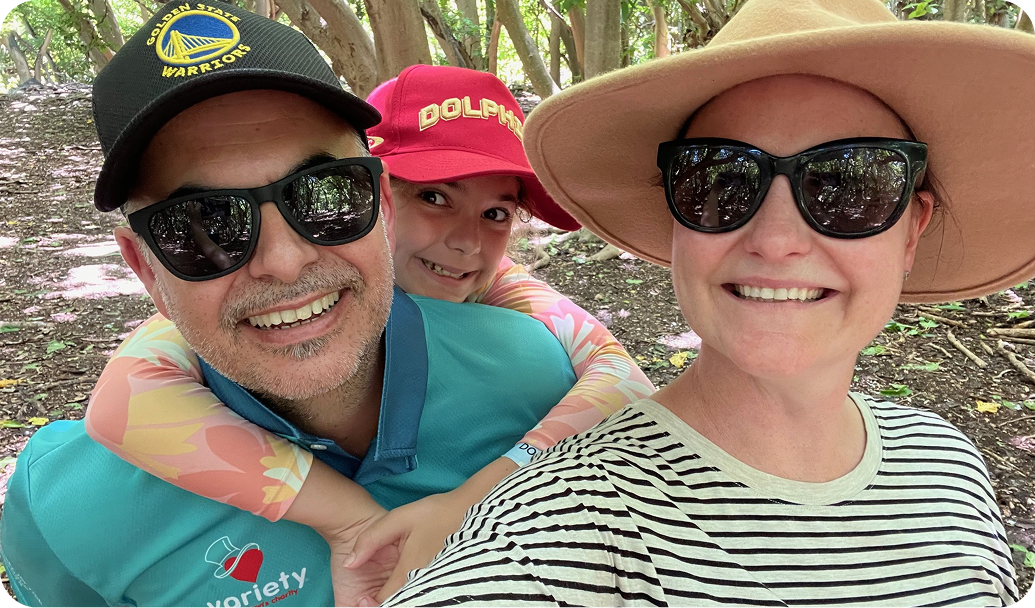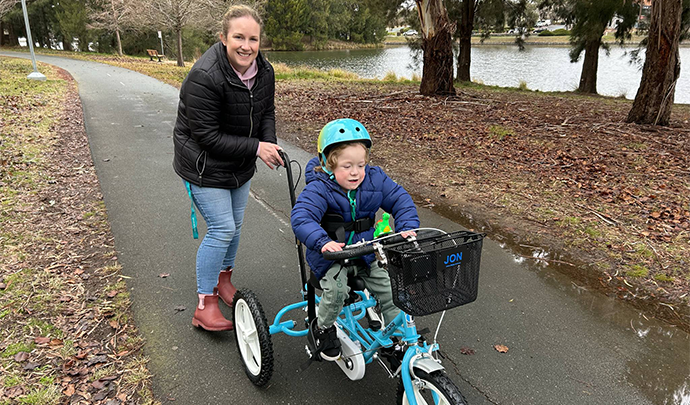
What is SMA?
Screening & Diagnosis
Living With SMA
Treatments
About Us
Contact Us
Back



Taking care of yourself is just as important as taking care of your child or loved one with SMA. Here are some helpful things to keep in mind:


For more information on caring for your child or loved one with SMA, please see relevant pages below:


Receiving news that you may pass SMA onto your unborn child can be scary and confusing. It is important to remember being a carrier of a faulty SMN1 gene does not mean you cannot have a child, nor that your child will not live a happy, healthy, fulfilling life. Some things to keep in mind are:





There are a range of support services available to people living with SMA, their carers and families.

A multidisciplinary healthcare team will support you or your child to live well with SMA. This includes a General Practitioner (GP) and neurologist, and can include specialists such as a respiratory physician, dietitian, orthopaedist, physical therapist (physiotherapist, occupational therapist or speech therapist) and genetic counsellor.

Home modifications might be required to accommodate someone living with SMA, such as widened doorways to accommodate a wheelchair, or ramps to assist those with reduced movement. Speak to your occupational therapist for more information.

Most students with disabilities attend regular classes in mainstream schools. Some students may need adjustments in these environments, or to attend support classes with fewer students who require similar accommodations. Depending on your child's individual needs, you might also consider a specialist school (public or private). For some children, a combination of specialist and mainstream schooling works well. Homeschooling or distance education are also possibilities to explore.

SMA Australia brings together a community of people living with SMA and their loved ones, to support people living with the condition through initiatives like peer-to-peer counselling, educate the wider public about the condition, and advocate for access to the best care and latest treatments.
This website is not intended to replace medical advice. Please speak to your healthcare professional for more information.
Join a powerful community of supporters who are helping tackle spinal muscular atrophy at its very core. Our community relies on us for support and best-practice resources to guide them in living well with SMA, as well as for resources to help raise disease awareness, educate others and advocate for people living with SMA in the wider Australian community.
